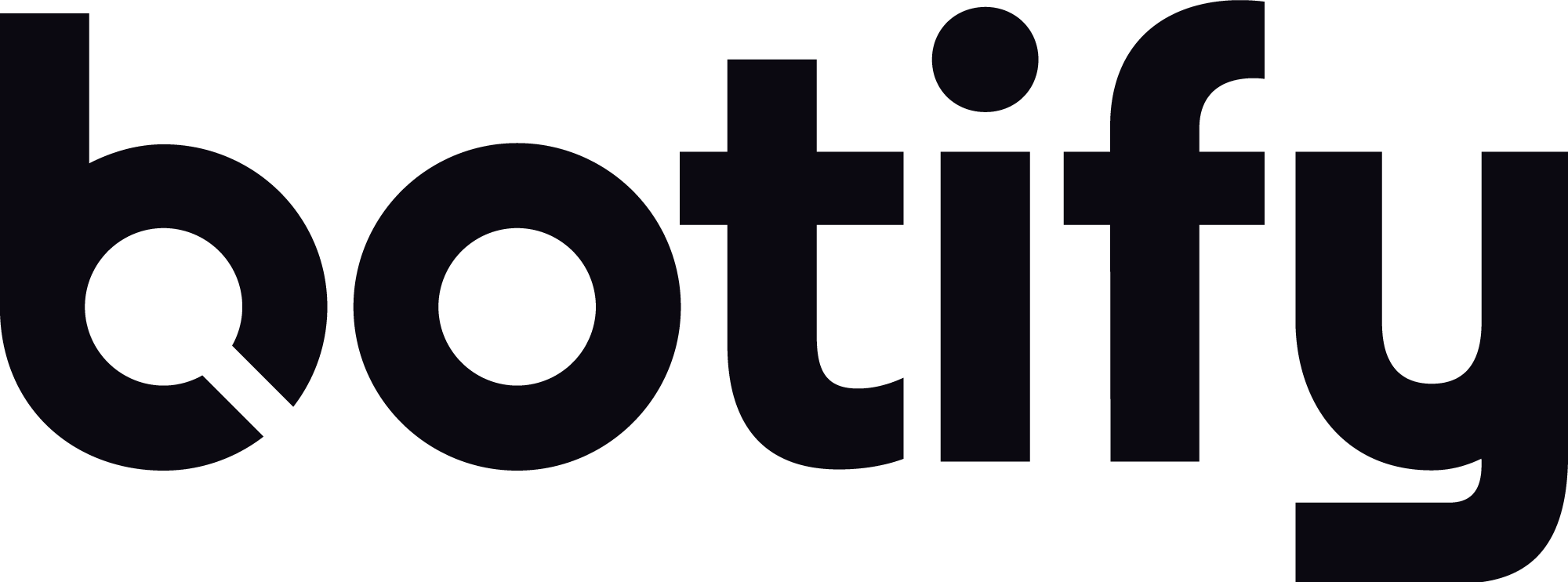“SEO Consultants Should Focus On Operational Guidance And Support” Philippe Yonnet, CEO at Search Foresight
” SEO Consultants Should Focus on Operational Guidance and Support” Philippe Yonnet, CEO, Search Foresight




CEO of Botify-certified agency Search Foresight, as well as Founder of French association SEO Camp, Philippe Yonnet is one of France’s most respected SEO experts. He’s sharing his vision of what SEO consulting entails.
Botify: How do you capture a prospect or a customer’s attention?
*Philippe Yonnet: *By surprising him, by showing new information about his website. Sometimes, something huge escaped his attention.
What typically surprises a client is:
- The actual number of pages on his website. The customer will, for instance, expect that his website includes approximately 5,000 pages because that’s how big his product catalog is. While in reality, his website has 20,000 pages or more, because all navigation facets are crawled by search engines robots.
- The number of orphaned pages, expecially when it reaches huge proportions
- The difference between ergonomics perceived by internet users vs what is exposed to robots, when the page includes significant amounts of Javascript
- The website’s depth
* “¬†The bigger the problem,
the less the client notices it¬†”*
Mainly global findings, then?
Not necessarily. When we create indicators by universe, we can be surprised by how much they vary from one universe to the next. Performance can be very different in an e-commerce website’s book section and in its toys section, for instance. A universe can also be much deeper than another. Two universes can have the same characteristics and be treated differently; or, they can be very different and be treated the same way. For example, if a universe includes categories with a much larger number of products, internal linking will need to be adjusted to reduce these categories’ depth.
How do you recognize a good SEO consulting service, in particular when a large website is involved?
There are three types of added value:
First, SEO consultants must be results-oriented. And by that, I don’t mean only organic traffic-wise. First and foremost, I’m talking about removing anything that may prevent optimizations from being deployed. On large websites, whether there is an internal SEO manager or not, there is generally someone who is familiar enough with SEO to have identified the right strategy already. An SEO agency may have nothing fundamental to tell them about their website’s issues. But customers usually don’t have a definite plan. They need someone to prioritize tasks for them. There can be technical blocking points, or management blocking points; there can also be diagnosis problems, when we need to identify the cause of a sudden traffic drop for instance. The consulting team must provide operational guidance and support, above everything else.
What are the other two types of added value?
Second, SEO recommendations must be relevant: They must be adjusted to the client’s context, to his business model, and to his management style. They must also remain in phase with Google’s evolution, or perhaps even anticipate it. Many SEO agencies don’t know how to develop new arguments, how to identify what’s changed and explain it clearly. For instance, netlinking policies, changes like to Panda, etc.
Lastly, high-quality technical consulting. Customers with a list of SEO recommendations in hand often trip on implementation difficulties. At Search Foresight, we make a point of keeping up with new technologies and platforms, such as new CMS and new e-commerce solutions. Our goal is to be able to help customers implement all changes we are recommending. Sometimes it implies writing technical specifications, or making suggestions to developers.
But to us, providing a good SEO consulting service also implies sharing our knowledge. The most interesting missions, those with high added value, are those required by customers with in-house SEO experts.
*“¬†The typical scenario for an SEO project,
is that nothing is happening¬†”*
What are the success factors of an SEO project?
Good project management is key. That’s what’s lacking, most of the time, because integrating SEO projects into a website’s roadmap is already difficult enough, and requires finesse as well as a real political capabilities. In addition, one needs to monitor implementation, verify code quality, validate the code, have bugs corrected. If an SEO consultant didn’t validate the project viability, with a favorable cost/benefits ratio, with the right priorities, in all likelihood, the project will be postponed very far, or worse, de-prioritized or “de-scoped”, that is to say removed from a migration project altogether, for instance.
A good SEO consultant has to be an excellent project manager, and must know how to impose his leadership. Without efficient project management, the typical scenario is that, once the SEO project has been defined, nothing happens.
What role do tools such as Botify have to play, according to you?
I consider these tools as a means, and not as an objective. An audit report is only the first step of the mission, it must lead to a project for organic traffic growth. Many SEO agencies use tools to identify blocking or unwanted elements on a website, and tell their clients, “correct all this and you will see your organic traffic go up”. The problem is, in some instances, it is not necessary to correct everything to get results, and sometimes, it is not enough.
Tools in general, and Botify Analytics in particular, allow us to quantify problems, identify the volume of pages that are involved, and evaluate the impact of changes we plan on making.
As we’re talking about Botify Analytics, what do you think about integrating data imported from Google Analytics?
It’s a good idea. This is a convenient alternative to get traffic information when we don’t have access to server log files, or when they are incomplete. It’s a good way to establish a complete SEO diagnosis quickly. We typically use Botify Analytics for medium size websites. When very large volumes are involved, we have to go back to structural analysis combined with log analysis with Botify Log Analyzer. And at the other end of the spectrum, for very small websites, structural analysis loses its relevance.
What’s your take on data regarding social traffic?
We still have to see a real impact of social visits on SEO. However, it’s interesting to consider social traffic as part of inbound marketing strategies. Today, there is no need to get more details on social visits than the information provided by Google Analytics. We could make great audits on social traffic, but what would be the point? We might as well remain pragmatic. Two or three years ago, SMO was new, and as a result, it was important to talk about it. Today, it’s starting to disappear from requests for quotes. People are more skeptical as to the strategic value of the social channel.
What’s getting more interesting is data related to mobile usage: we are starting to see customers generating as much revenue from tablets as from desktops. Globally, customers are not analyzing search behaviors on mobile devices and tablets, and they are underestimating their importance.
Let’s get back to SEO tools. At which stage during an SEO mission do they come into play, at Search-Foresight?
Usually, in-depth analyses such as those conducted with tools like Botify Analytics are started two to three weeks into the mission, after many exchanges with the customer. The SEO mission’s planning does not have to systematically start with this type of analysis: in many cases, what needs to be done is obvious. In addition, if we focus too much on tools and their reports, we can fail to notice huge issues. I almost make a point of starting a consulting mission without performing logs analysis for instance. These analyses actually allow to validate or invalidate hypotheses, to quantify the impact of planned actions and to prioritize tasks that have been identified separately. Data provided by these tools are much more useful when we know what we are looking for, what we want to quantify and why.
*“¬†Compare crawl data
before / after any release¬†”*
Are there approaches you do apply systematically?
Yes. We always perform a crawl for the first analysis, even in for pre-sales meetings.Then, we perform an analysis including logs analysis when there is no obvious organic traffic growth driver, or when there are technical issues that need to be treated URL by URL. In addition, combined analyses with crawl + logs are systematically used for websites with large amounts of URLs, or when we suspect there is a problem with the crawled pages ratio, or, also, when we suspect that URLs that are not present in the website’s tree structure are massively crawled.
Further down the road, we always compare crawl results to check how the website has evolved. Crawl comparisons are absolutely necessary before/after any new release, to check how the number of items has evolved, to inventory redirected pages, pages that are gone, etc. Sometimes, crawl comparisons allow to do some nit-picking, other times, they allow to find explanations. For instance, when trying to understand why positions decreased in SERPs, it is convenient to be able to answer, “your page depth went from 2 to 5, don’t look any further”.
Should a website owner or manager focus on a few SEO indicators only, which would those be?
- Organic visits (segmented by device): that’s the SEO PKI by essence
- Impressions in SERPs, and keywords’ CTR: because conversion in results pages are more and more important
- An aggregated visibility index (such as the Searchmetrics index for instance): because following positions of a single keyword is less and less relevant
- Pages’ citation flow and trust flow (or equivalent – the pagerank is gone, as Google declared they won’t update the pagerank in the toolbar ever again): because without backlinks, it is impossible to be positioned in SERPs for a competitive query.
But we should also mention: the ratio of crawled pages, the volume of indexed pages and the ratio of active pages, for large websites.
Thanks Philippe, for playing along and answering our questions!
See you all soon for other interviews!





